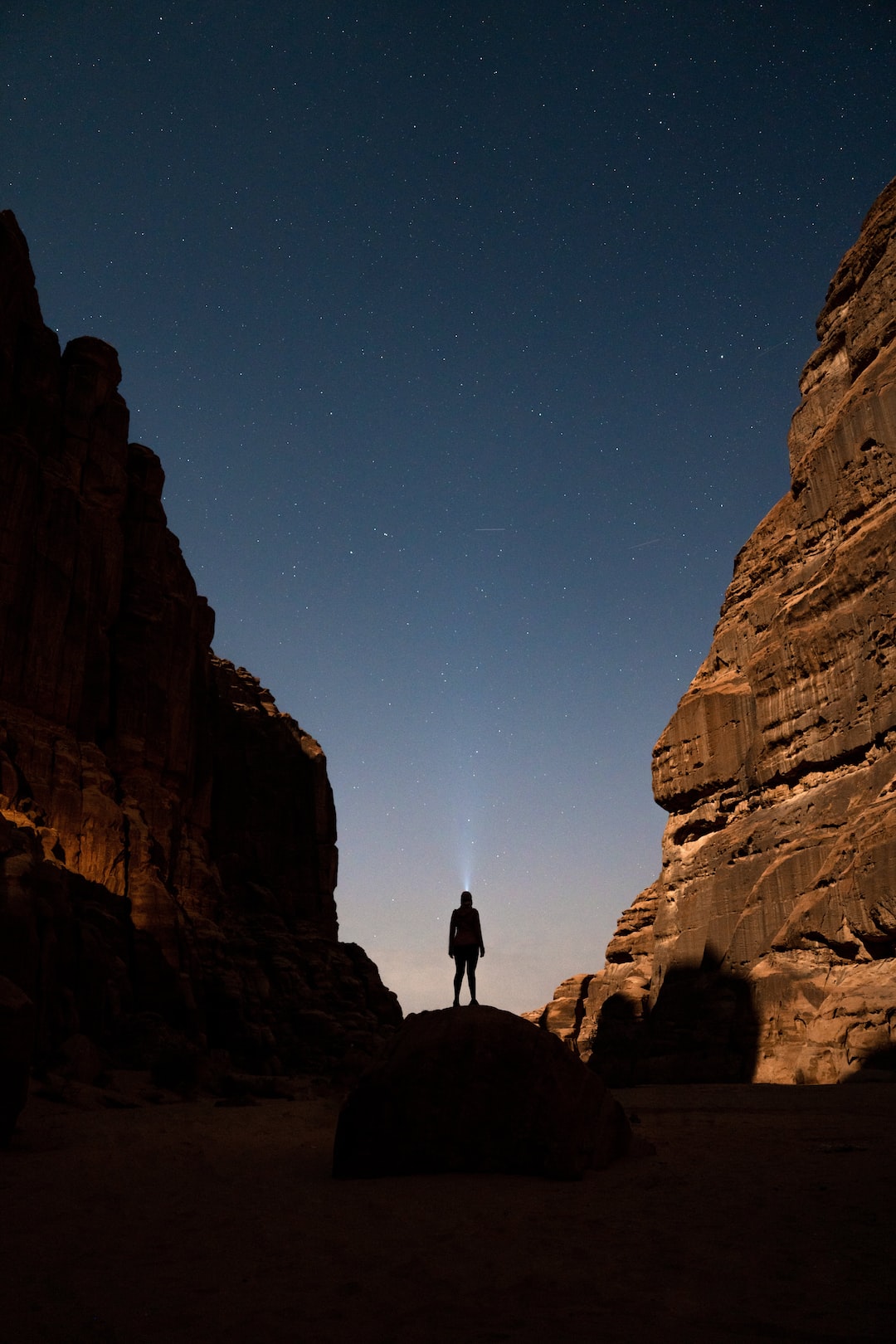For anyone who loves being in the great outdoors, camping can be an exhilarating and rewarding experience. One of the best things about camping is that you can do it alone or with friends, and regardless of how you choose to embark on your camping trip, it will leave you feeling refreshed, rejuvenated and connected with nature. While it’s easy to get lost in the fun and excitement of camping, solo camping trips are not like your average camping trip. They require a level of planning and preparations that might seem daunting at first, and potentially intimidating if you’re doing it for the first time. So, how do you make sure you plan and execute a successful solo camping trip, without feeling out of your element or overwhelmed?
Here are some practical tips and guidelines to help you have an incredible solo camping trip:
1. Plan Ahead
The first and most important step in planning a solo camping trip is to start early and plan well in advance. While being spontaneous is an exciting way to approach outdoor adventures, you shouldn’t take the same risks when planning a solo camping trip. Try to set aside time to research your camping destination, the weather conditions, and the availability of campsites. Additionally, make a list of the necessary camping gear and supplies and make sure you have every item before you set off on your trip. Having a well-planned trip will help you ease the anxiety that comes with being alone in the wilderness.
2. Choose the Best Time of Year
Another important factor to consider when planning a solo camping trip is the weather. While you may be used to camping in inclement weather, solo camping is different. You’ll need to consider the risks involved in camping in extreme or heavy weather conditions as a solo camper. If you’re camping in a new area, it’s important to check the weather forecast regularly and monitor any updated changes before setting off on your trip.
3. Pick the Right Campsite
When camping alone, it’s important to select a campground that’s safe, well-maintained, and easily accessible. Research beforehand on the available sites within the park, and choose the one that works best for your needs. It’s best to select a site that is well-lit, near other campers, and easily accessible by car. If you want a more rustic camping experience, ensure the site has a safe and clear entry/exit path.
4. Learn Basic Survival Skills
In case of an emergency or an accident, having some basic survival skills could save your life. As a solo camper, you’re responsible for your own survival, and the ability to start a fire, set up a tent, navigate with a map, and purify water are essential for your safety. Therefore, it’s crucial to learn the necessary survival skills and practice using them before your trip.
5. Pack Light, but Smart
As a solo camper, you’ll be carrying all your camping gear on your own. So, it’s important to pack light and smart. Only bring the essential gear and necessities required for your trip to minimize weight and save space. Avoid packing things that are unnecessary just because you have space. Always pack extra clothing to keep you warm, and invest in a good quality sleeping bag that works within the temperature range your camping site experiences.
6. Share Your Plans
Before you embark on your solo camping trip, it’s important to share your plans with someone close to you. Give the details of your camping site, when you’re setting off and when you plan to return, and the arrival times at your campsite to someone you trust. This is especially important if you’re heading to a remote area with no mobile network connection.
7. Practice Fire Safety
Accidents can happen, and fire is a significant risk when camping. Always practice fire safety measures every time you’re near an open fire. Make sure to collect firewood away from your campsite and never leave the fire unattended. Additionally, ensure the fire is fully extinguished before leaving the site or retiring to bed.
In Conclusion:
Going on a solo camping trip can lead to incredible experiences that are hard to find anywhere else. While it might seem intimidating at first, with ample planning and preparation, it will become one of the most rewarding activities that you do. As you plan your solo camping trip, always remember to prioritize safety and ensure you have the necessary gear and survival skills before embarking on the trip. Whether you’re an experienced camper or going on your first solo camping trip, with these seven tips, you’re bound to have an enjoyable and successful adventure.

